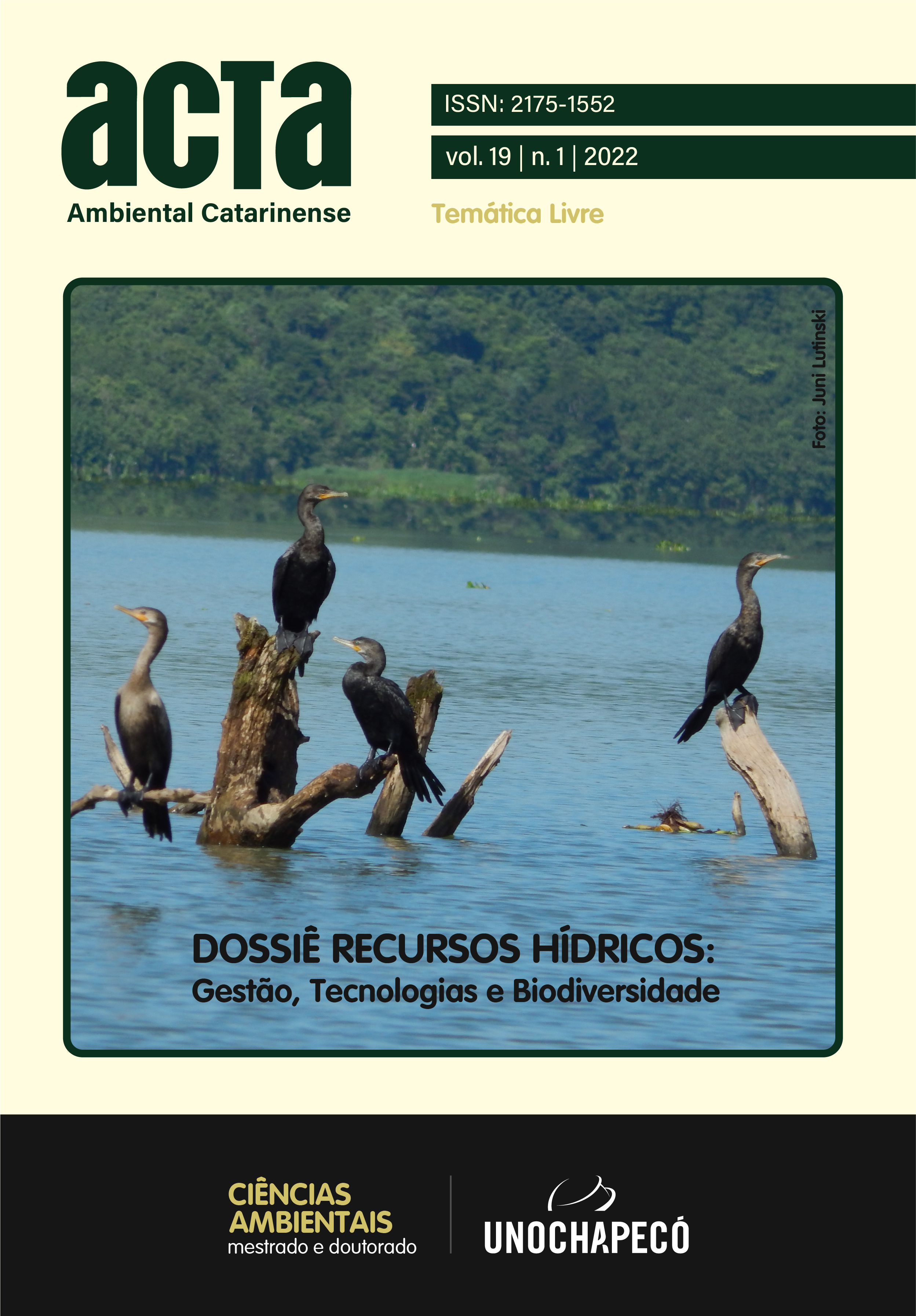CLIMATE-SMART AGRICULTURE. UTOPIA OR REALITY?
DOI:
https://doi.org/10.24021/raac.v19i1.6699Palavras-chave:
Global warming. Climate change. Agriculture productivity. Food insecurity.Resumo
Current estimates predict a world population growth of 9.6 billion by the year 2050, many of whom will live in countries already facing food insecurity. To feed this population, agricultural production will have to increase by approximately 50%, a difficult situation due to the effects of climate change. In order to achieve food production goals without putting the environment at risk, FAO, since 2009, has supported member countries in their initiatives to implement Climate-Smart Agriculture (CSA) that takes into account local and national specificities and priorities, to sustainably increase productivity and resilience, strengthen food security and mitigate damage from greenhouse gases (GHG). This literature review seeks to contribute to discussions on the recognition of the CSA concept, its applicability in agricultural systems and review advantages or disadvantages to face global climate change. In Brazil, there is growing concern, due to the country's high vulnerability and low development capacity to face environmental impacts. However, despite the attractiveness of the concept, specific criteria to guide the approaches and technologies to be used have not yet been defined.
Downloads
Downloads
Publicado
Edição
Seção
Licença
Copyright (c) 2022 Revista Acta Ambiental Catarinense

Este trabalho está licenciado sob uma licença Creative Commons Attribution-NonCommercial-NoDerivatives 4.0 International License.
Estou ciente de que, em sendo aprovado, a publicação do artigo será no formato on-line no Portal de Periódicos da Unochapecó.Também tenho ciência de que há autorização para assumir contratos adicionais separadamente, para distribuição não-exclusiva da versão do trabalho publicada nesta revista (ex.: publicar em repositório institucional ou como capítulo de livro), com reconhecimento de autoria e publicação inicial nesta revista.
















